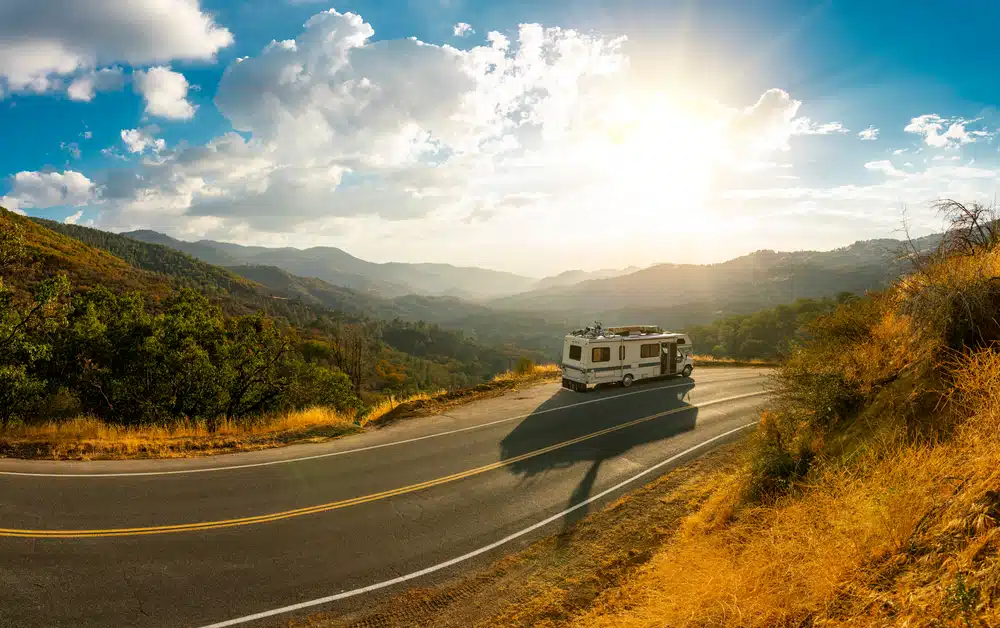Camping-Car Park, a European network of motorhome service areas, has released its Travel Tourism Barometer for the 2025 summer season.
The annual report provides insight into the travel intentions of the continent’s estimated 3 million motorhome owners, highlighting shifting preferences, spending patterns, and emerging trends that could shape tourism strategies in the months ahead.
Among European itinerant tourists planning to travel abroad in 2025, Italy has emerged as the top destination, chosen by 25% of respondents, according to The Portugal News.
Portugal follows with 18%, and Spain, which previously held the top spot, now ranks third at 15%. This marks a clear interest in southern Europe, although destination preferences have shifted slightly from the previous year.
The report also quantifies the expected economic contribution of motorhome tourism during the 2025 summer season.
According to Camping-Car Park, itinerant tourists are projected to generate €1.54 billion in spending, a 10.3% increase compared to 2024. This growth comes despite a slight decline in average nightly expenditures, now estimated at €52 per night, down from €56 the previous year.
Olivier Coudrette, general manager of Camping-Car Park, stated that “itinerant tourism now plays an important role in the tourism landscape,” estimating around 30 million overnight stays for the summer of 2025.
He emphasized that the significance lies not only in volume but also in behavioral shifts: “It is behaviours that are changing profoundly: almost two-thirds of trips now take place outside the months of July and August, a sign of a desire to better distribute flows and adopt smoother mobility.”
The timing of travel is indeed a key takeaway. Survey results indicate that 64% of motorhome travelers intend to journey in September and 58% in June, while only 50% and 47% plan to travel in August and July, respectively.
This preference for shoulder-season travel presents an opportunity for destinations and park operators to reduce pressure on peak months while maintaining visitor flows throughout a longer portion of the year.
The barometer also reveals a growing appetite for longer stays, with nearly 70% of respondents planning trips of three weeks or more, and 44% aiming to spend over a month in a single location.
This trend toward slow travel aligns with regional development goals, offering potential benefits for local economies through sustained, low-impact visitation.
With more than 13,000 motorhomes registered in Portugal alone, and millions more across the continent, Camping-Car Park’s findings present a data-driven snapshot of a market segment that is not only expanding in size but also evolving in character.
For campground owners, RV park managers, and glamping operators, these patterns underscore the importance of offering flexible, extended-stay options and off-peak packages to attract this growing base of independent travelers.
As Coudrette concluded, “This way of traveling opens up new perspectives for rethinking reception, deseasonalising tourism activity and strengthening local economic impacts.”


